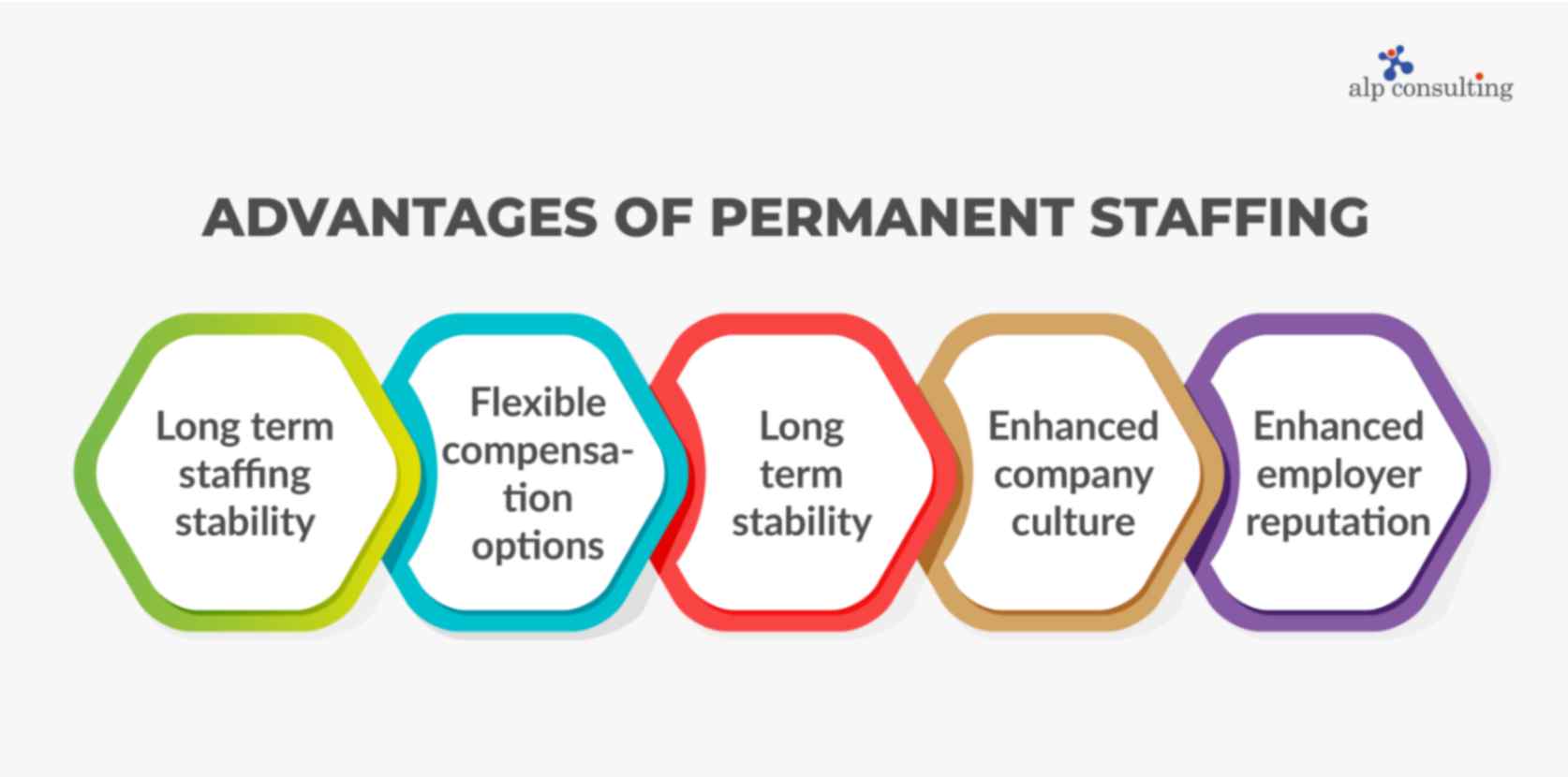
29sixservices
Add a reviewOverview
-
Sectors Finance
-
Posted Jobs 0
-
Viewed 45
Company Description
Understanding Legal and Compliance Aspects in Your Outsourcing Journey
This article is a submission by Managed Services Partners. Managed Services Partners is an outsourcing agency with over six years of experience helping organizations enhance operations and drive development.
Embarking on the contracting out journey is a venture that numerous businesses undertake to enhance effectiveness, reduce expenses, and utilize specialized skill.
However, together with these potential advantages come a host of legal and compliance complexities that must be thoroughly browsed to ensure the success and sustainability of contracting out initiatives.
This comprehensive guide will check out key legal and compliance considerations, with a focus on information privacy laws, non-disclosure arrangements (NDAs), non-compete clauses, and the critical function of versatility in today’s vibrant service environment.
The contracting out landscape
Outsourcing is more than a technique for offloading non-core tasks; it is a transformative approach that can improve a company’s adaptability and competitiveness.
Whether it’s IT services, consumer assistance, making procedures, or personnels, contracting out can provide a substantial edge. Companies that successfully contract out can focus on core service operations, drive development, and skill without the overhead expenses of full-time work.
However, this journey is not without its legal and compliance difficulties. Companies must be conscious of the intricacies surrounding the transfer and management of data, the protection of intellectual residential or commercial property (IP), and the maintenance of regulatory compliance.

Given the global nature of outsourcing, companies need to also think about cross-border legal implications, which might differ considerably depending on the nation where the outsourcing supplier runs.

Understanding these aspects is essential in guaranteeing that contracting out partnerships align with a company’s tactical objectives while mitigating potential legal threats.
In a lot of cases, organizations that neglect legal and compliance factors to consider face expensive disagreements, loss of sensitive data, or reputational damage that can take years to recover from.
Importance of legal considerations

Outsourcing inherently includes legal considerations that are important to protecting a business’s interests. At the forefront is the need to secure sensitive info. Companies should understand and abide by information privacy laws that govern the jurisdictions in which they run.
This is specifically crucial as data breaches can result in extreme punitive damages and reputational damage.
Furthermore, copyright rights need to be plainly specified in contracting out agreements to avoid unauthorized use or misappropriation of exclusive properties. If these rights are not effectively developed, a company might lose control over critical innovations or confidential service processes.
For businesses operating in extremely managed markets such as health care, finance, or legal services, compliance requirements are much more rigid.
Complying with guidelines such as the General Data Protection Regulation (GDPR) in Europe or the Health Insurance Portability and Accountability Act (HIPAA) in the United States is necessary to preventing legal complications.
Non-Disclosure Agreements (NDAs) and non-compete clauses
When outsourcing, business regularly share exclusive information with external company.
To protect this valuable info, NDAs are utilized. These arrangements are designed to avoid the unapproved dissemination of secret information, therefore securing the business’s competitive advantage.

NDAs must be detailed and legally binding, clearly detailing what makes up secret information and the responsibilities of both celebrations in managing sensitive data. Businesses must also make sure that their NDAs include arrangements for legal option in case of breaches.
Similarly, non-compete clauses can be included to prevent company from making use of delicate knowledge acquired during the outsourcing collaboration to benefit a competitor. This is specifically essential when outsourcing freelancers or firms that may have several clients in the very same market.
However, the enforceability of non-compete provisions can differ significantly depending upon the jurisdiction. Some regions have strict policies limiting the scope and period of such provisions.
Therefore, it’s important for business to speak with legal professionals with experience in the pertinent legal frameworks to prepare reliable agreements.
Contracts: Setting the structure
Contracts act as the plan for the contracting out partnership, specifying roles, responsibilities, deliverables, and timelines. They likewise lay out the legal and compliance expectations for both celebrations.
A well-structured contract ought to deal with numerous essential aspects:
Scope of work: Clear and comprehensive descriptions of the services to be offered, consisting of quality standards and efficiency metrics.
Data security: Specific provisions related to data protection, information transfer procedures, and breach notification protocols to guarantee adherence to privacy laws.
Intellectual Property rights: Provisions that develop ownership of IP created during the partnership, and terms that protect pre-existing IP.
Termination clauses: Terms that attend to the possible end of the outsourcing relationship, consisting of notice durations and conditions under which termination can happen without penalty.
Additionally, services must consider implementing service-level arrangements (SLAs) to guarantee responsibility and efficiency tracking. SLAs define measurable criteria that the outsourcing company need to satisfy, providing organizations with recourse if expectations are not fulfilled.
Engaging with company
Consulting with potential provider throughout the early phases of the outsourcing journey is a strategic move. This engagement permits companies to gauge the company’s capability to meet legal and compliance requirements.
Thorough vetting procedures, such as requesting referrals, evaluating previous jobs, and examining compliance certifications, can supply important insights into the provider’s reliability and adherence to industry standards.
Businesses need to also assess the monetary stability of potential outsourcing partners.
A provider that deals with monetary challenges might not be able to preserve operations long-lasting, positioning a threat to continuous tasks. Conducting due diligence in advance can prevent future disturbances.
The function of flexibility in legal and compliance techniques
Adaptability is a crucial element of successful outsourcing, particularly when it comes to navigating progressing legal landscapes. Regulations and market conditions can alter rapidly, making it essential for companies to remain nimble.
Building flexibility into agreements and establishing procedures for continuous compliance monitoring can help services adjust to brand-new legal requirements and keep an one-upmanship.
For example, if a business is outsourcing consumer support operations to numerous nations, they must ensure compliance with numerous nationwide laws relating to customer security and data personal privacy.
Regularly updating policies and contracts in response to legal modifications can prevent legal risks.
Real-world considerations and best practices
To make sure legal and compliance success in outsourcing, companies ought to embrace the following best practices:

Regular audits and evaluations
Conduct routine audits and assessments to guarantee that provider stay compliant with legal and regulatory requirements. This proactive approach can assist identify prospective spaces before they intensify into considerable problems.
Training and awareness
Educate staff members and outsourced groups on data security practices and legal obligations. This ensures that everyone included in the outsourcing journey understands the significance of compliance and the function they play in safeguarding details.
Collaboration and communication
Foster a collaborative relationship with provider. Open lines of communication can help deal with compliance concerns without delay and assist in joint problem-solving efforts.
Crisis management preparation

Have contingency plans in place in case of security breaches, agreement conflicts, or company failures. A well-structured crisis management strategy guarantees that companies can rapidly react to difficulties without substantial disturbances.
Legal compliance for contracting out success
Understanding the legal and compliance aspects of outsourcing is essential for services seeking to utilize external capabilities while securing their interests. By concentrating on crucial areas such as data privacy, NDAs, non-compete clauses, intellectual property rights, and adaptability, companies can efficiently navigate the outsourcing landscape.
Successful contracting out hinges on a collaborative technique between the business and its company. Building trust and keeping transparent interaction can lead to reliable analytical and a shared dedication to compliance.
